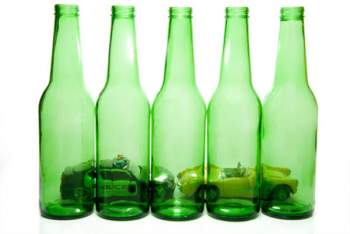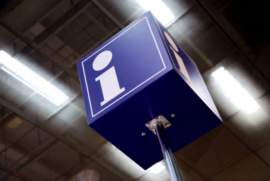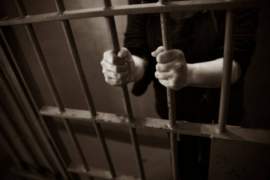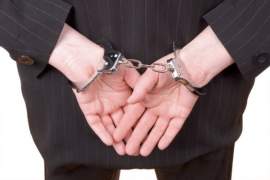
What Are The Legal Opposition to DUI Checkpoints

There is a significant amount of legal opposition to DUI checkpoints. The bulk of the legal opposition to DUI checkpoints rests on the fact that officers have no probable cause to conduct random drunk driving tests. The Fourth Amendment of the Constitution states that searches and seizures cannot be conducted without probable cause. The random administration of a drunk driving test to drivers at a DUI checkpoint does not carry with it any probable cause.
Therefore many would consider them unconstitutional and many states have prohibited their use. However, the Supreme Court has decided that the government interest in preventing the consequences of drunk driving outweighs our constitutionally protected rights. Evidence regarding the effectiveness of DUI checkpoints and the administration of random drunk driving tests in deterring drunk driving and preventing the consequences of drunk driving is spotty.
Many studies indicate that the use of more patrol cars to pull over suspicious drivers and administer a drunk driving test is more effective at catching drunk drivers and preventing the consequences of drunk driving than DUI checkpoints.
The opposition to DUI checkpoints on these grounds is significant. However, there are also other grounds on which some may object to DUI checkpoints that do not involve the use of a drunk driving test administered without probable cause. DUI checkpoints are instituted because they make profits for city and municipal governments. The use of DUI checkpoints gives local governments sorely needed federal funds. This isn't the only way local governments profit from DUI checkpoints.
DUI checkpoints double as checkpoints for unlicensed drivers. When a driver at a DUI checkpoint can't produce a valid license, their cars are towed and impounded for 30 days before they can be retrieved. Local governments make approximately $2,000 off of each car that is seized from an unlicensed driver on impoundment fees alone. In many cases, the cars are never retrieved and local governments bring in even more profit from auctioning off the cars.
Although DUI checkpoints may be constitutional if they serve the purpose of preventing the consequences of drunk driving, they certainly do not allow law enforcement to bypass the constitution when it comes to unlicensed drivers. Using DUI checkpoints in this manner arouses legal opposition because there is no probable cause to pull over the driver and the is no overarching goal or need being served regarding the consequences of drunk driving.
Finally, legal opposition to DUI checkpoints arises from the racial implications of seizing cars from unlicensed drivers during DUI checkpoints. In many cases, DUI checkpoints are set up in urban areas with a high percentage of the population being Hispanic. Illegal immigrants can't get driver's licenses. Therefore, many illegal immigrants are the victims of car seizures at DUI checkpoints.
In fact, in several studies, more illegal immigrants had their cars seized at DUI checkpoints than drunk drivers that were arrested. Seizing cars from illegal immigrants brings in even more profits for local governments because they typically don't come pick up the car. DUI checkpoints at which cars are seized from unlicensed drivers may be seen as racist, discriminatory and motivated by profit and not safety or prevention of the consequences of drunk driving.


















